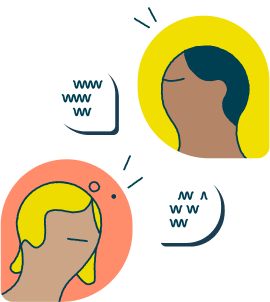In 2017, the #MeToo movement exploded worldwide. In more than 85 countries, millions of people used social media to publicly share their stories of sexual harassment and abuse. In late 2017, Facebook reported that almost half its users had either shared their own story, or were friends with someone who had.
In Canada, the outpouring of pain and rage unleashed by #MeToo galvanized women in the performing arts industry to found Aftermetoo. We are the first and only national Canadian charity focused solely on combating workplace sexual harassment.
This site is a one-stop information shop for people experiencing gender-based workplace harassment in Canada. It contains information about the laws related to sexual harassment in Canada, as well as information and advice about how people can protect their careers, finances, and mental health against the damage that harassment causes.
We built this site because our research found that most people who experience harassment don’t tell anyone. Instead they go online, privately and anonymously, looking for information and advice. We want to be there for those people.



